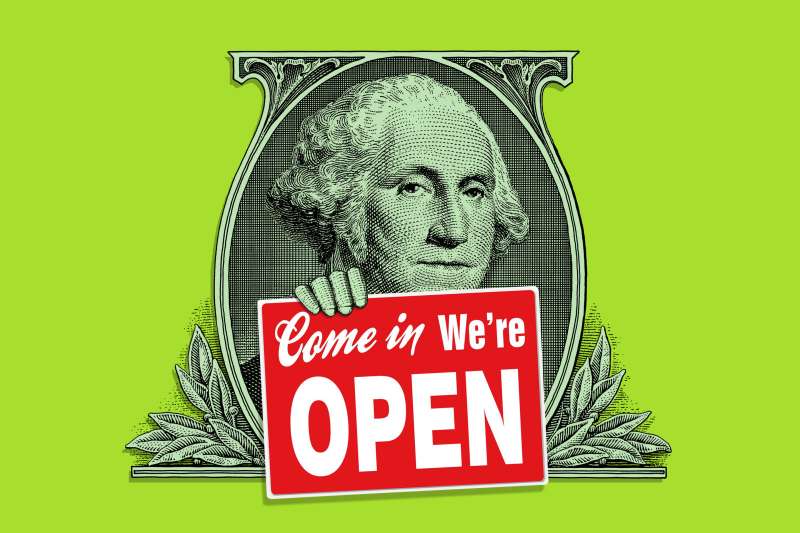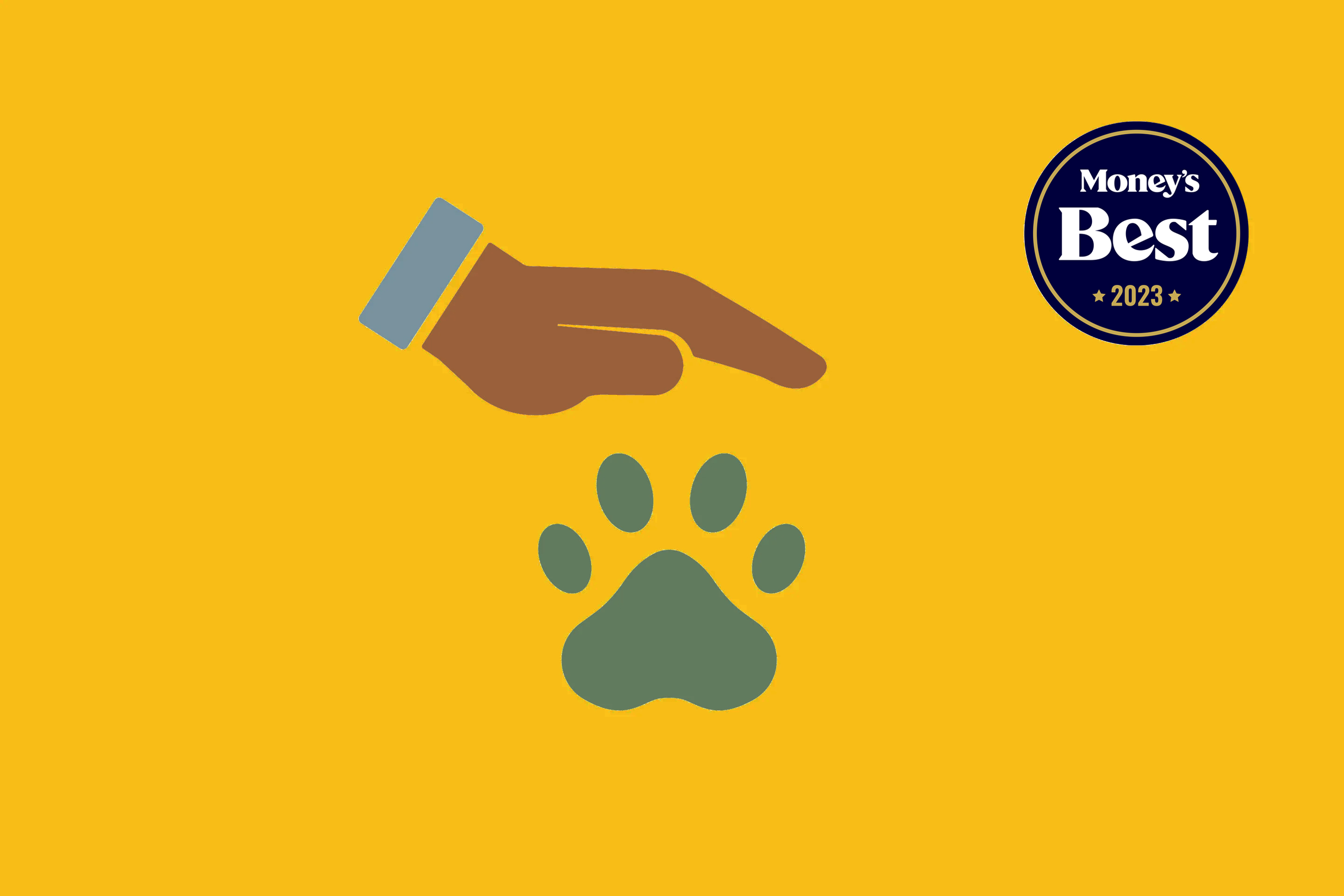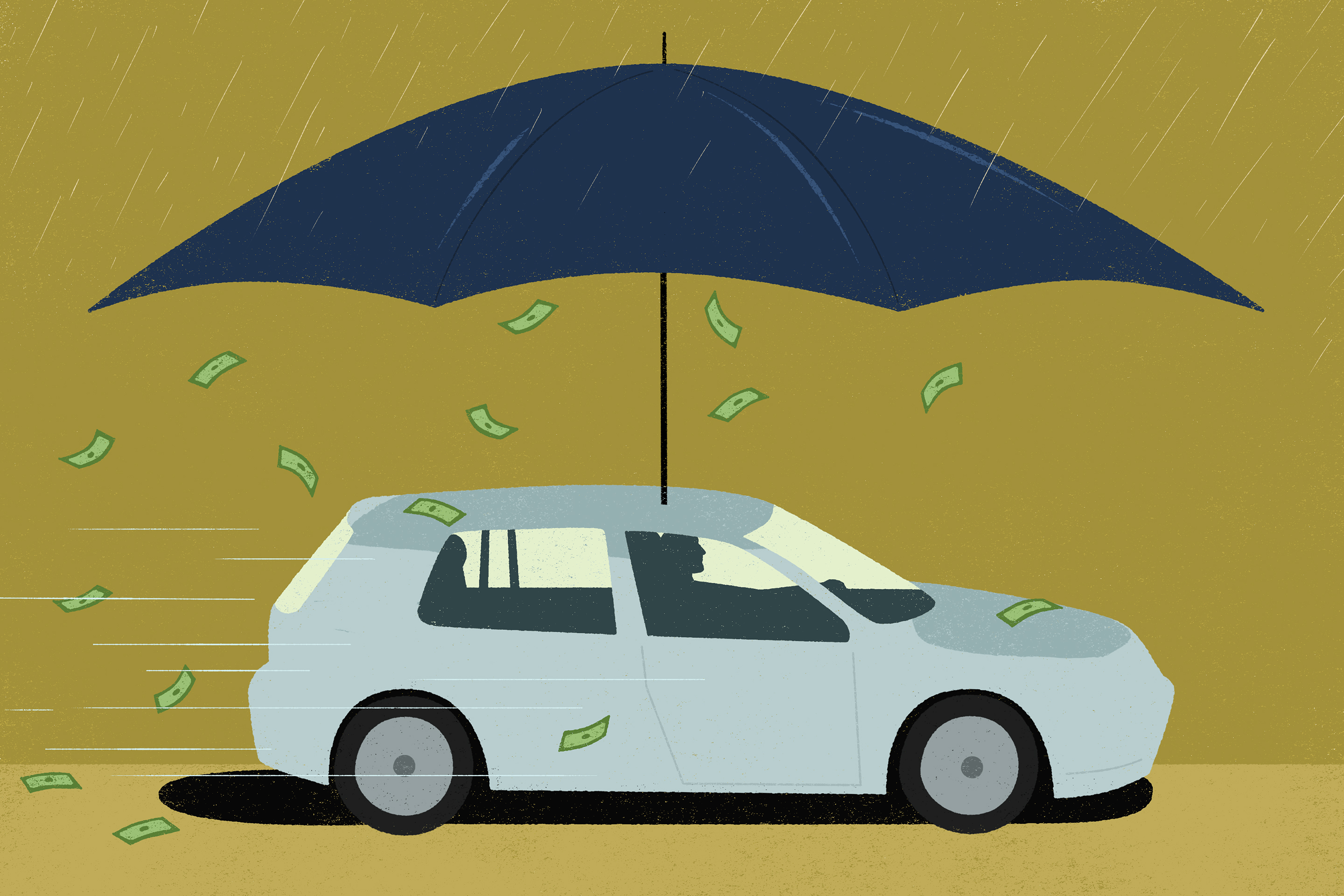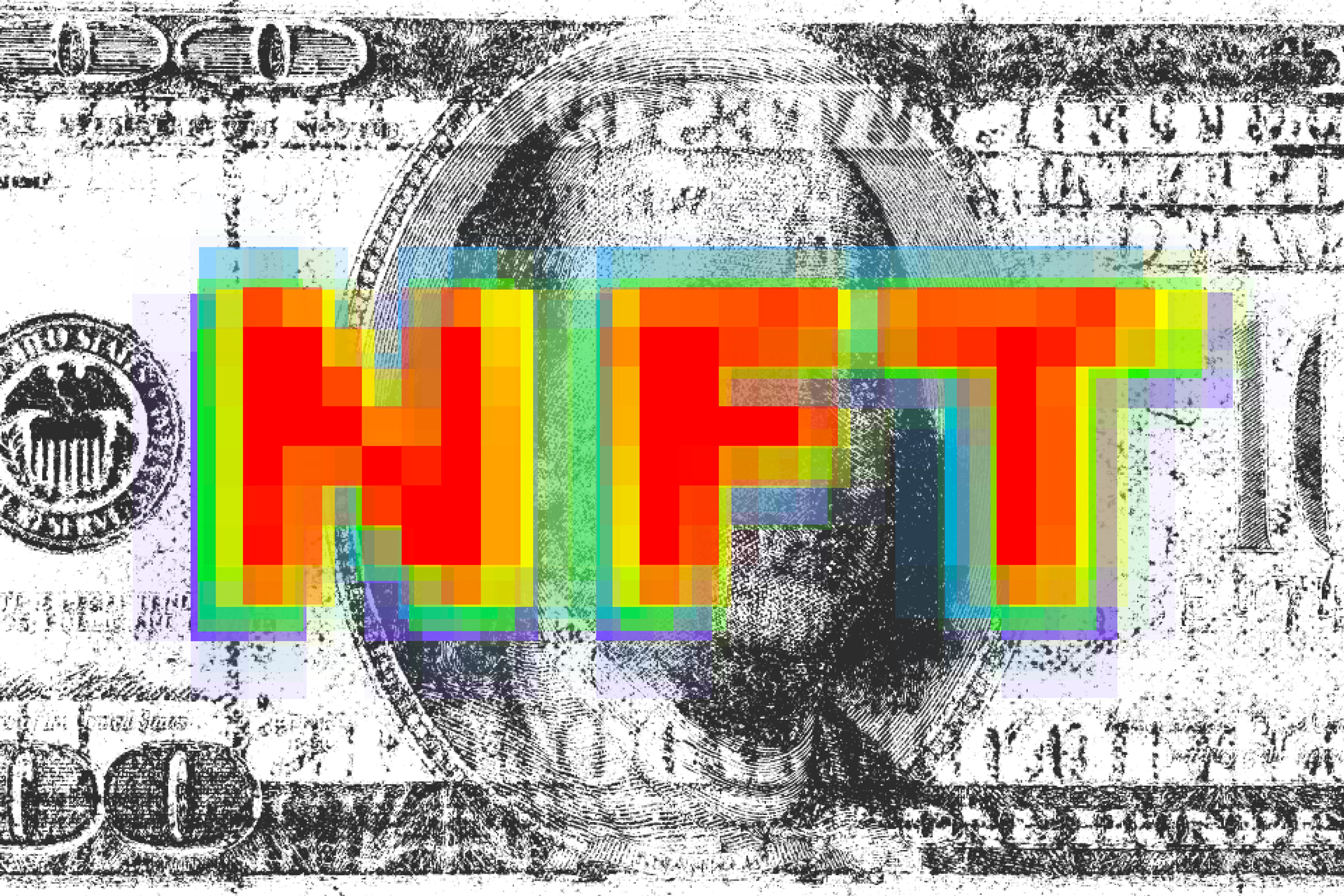How to Get a Small Business Loan

Small business owners tend to come from pretty resilient stock.
Running your own company ain't for the easily-spooked, after all. Even under perfect circumstances—the business is growing; its reputation is glowing—you face a million little decisions you'll have to confidently stand behind.
Taking out a small business loan creates about a million more.
How much money do you need? How much money can you get? Do you need collateral? What IS collateral?
Whether you're a one-person enterprise or leading a staff of 100, here’s everything you need to know about getting a business loan.
Should I get a Small Business Loan?
First things first: Taking on debt brings uncertainty and risk, and small business loans aren’t any different.
If you’re a new business owner, an accountant—and also a financial advisor, preferably—can help you determine what loans you qualify for, how much debt you can afford to shoulder, and whether or not it’s a good idea to take it out in the first place.
You'll also want to think about your specific business needs before you submit a loan application. Is your company still getting off the ground? Are you in growth mode? Do you need extra cash flow to keep payroll and other expenses out of the red? Figure out your "why," and be prepared to put it in writing.
The Types of Small Business Loans
Small business owners have lots of different financing options.
A “line of credit” is a popular one, though it technically isn’t a loan at all. This borrowing option functions much like a credit card, with lower interest rates and higher utility (some small business owners tap lines on credit specifically to pay their vendors who don’t take credit cards). Lines of credit can be used to pay for just about any business expense, up to a certain dollar limit, and interest is paid on funds drawn.
“Installment loans,” or “term loans,” follow a more traditional borrowing structure. The full amount is doled out in a lump sum when the contract is signed, and is tied to an agreed-upon repayment period. Short-term loans can be paid out in a few months; long-term loans are often paid over the course of several years.
Other types of small business loans include microloans, equipment loans, startup loans, and commercial mortgage loans.
SBA Loans: What Every Business Owner Should Know
Many loans (of all types) are backed by the Small Business Administration (SBA), which works directly with banks and other lenders.
SBA loans make the relationship between borrowers and lenders less risky by guaranteeing a portion (generally about 50% to 85%) if it goes into default. For lenders, taking out an SBA-backed loan helps avoid predatory lending and exploitative interest rates.
Small business owners seeking disaster relief can also apply for an SBA loan. The Paycheck Protection Program outlined in the CARES act was created specifically for businesses impacted by COVID-19, but emergency SBA funding isn't new to 2020 — hurricanes, wildfires, and other natural disasters have sent small business owners to the SBA for years.
The quickest way to find traditional SBA loans is through the agency's online Lender Match portal. For emergency loans, visit the SBA's disaster assistance website.
How to Apply for a Small Business Loan
Step 1: Start with a breadth of research. The SBA website, your community bank or credit union, and Google are all great resources for sussing out what kind of funding is available. Use a spreadsheet to track what you find — keep a close eye on interest rates, repayment terms, and qualifications for every lender you come across.
Step 2: Gather all your documentation. The application process varies, but you’ll likely be asked to provide a series of personal and business financial statements, credit score, income tax returns, a copy of your business license— as well as an official application form—at a minimum.
Step 3: Choose the lender best for you. Some small business loans are easier to secure than others (type “bad credit loans” into Google for page after page of examples). Online lenders like Kabbage and Lendio can disperse money in a flash, but beware of sky-high interest rates and steep (sometimes hidden) fees sprinkled throughout the fine print.
Bank-backed financing is usually a safer bet, though it comes with higher hurdles. Bank of America, for one, requires businesses to be at least two years old, and have a minimum of $250,000 in annual revenue, to qualify for many of its loans.
How Does “Collateral” Factor Into Small Business Loans?
To get a lower interest rate, some business owners provide lenders with personal or business assets as collateral. These are called “secured loans,” and come with an extra layer of risk — if you can’t pay back your loan at the end of the agreed-upon term, those assets will be seized and sold.
For small business owners, collateral typically includes inventory, equipment, and commercial real estate.
What If My Small Business Loan Application Doesn't Get Approved?
People get rejected for small business loans all the time. This can be discouraging, but it doesn’t have to be the end of the road.
If your application was denied due to low or nonexistent business credit score, read up on how to strengthen that number. Finding a cosigner, someone who agrees to take over your loan payments if you fail to make them, can also improve your chances.
Consider hiring a small business coach or consultant to help prepare your next application. Score, a nonprofit organization, offers free business counseling throughout the country. And if you’re a woman, a person of color, or another small business owner facing systemic barriers to funding, organizations like the Foundations for Business Equity and the Local Initiatives Support Corporation are chock-full of additional resources.



